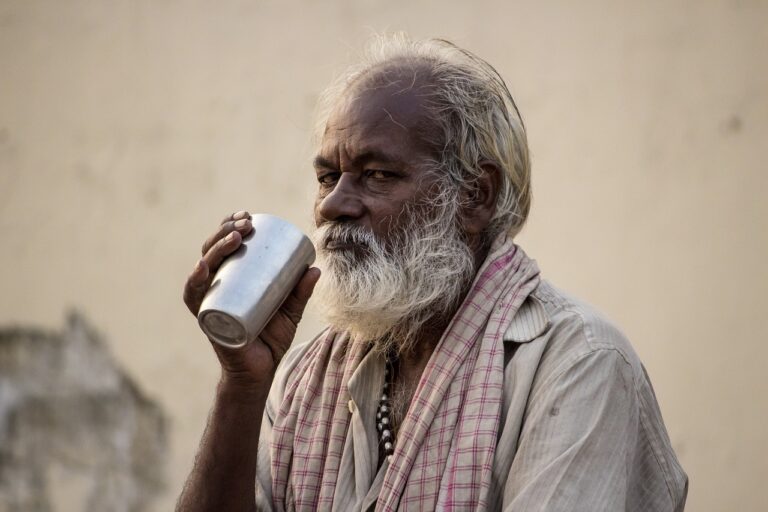Exploring the role of political endorsements in elections
Endorsements play a crucial role in shaping voter behavior during elections. When a well-respected figure or organization endorses a candidate, it can sway undecided voters or reinforce the loyalty of those already supporting that candidate. The endorsement acts as a signal of approval and credibility, which can increase a candidate’s perceived trustworthiness and qualifications in the eyes of the electorate.
Furthermore, endorsements can also help raise awareness about a candidate, especially in crowded political landscapes where it can be challenging to stand out. By aligning with a prominent individual or group, a candidate can tap into the supporter base and reach new audiences who may have been previously unaware of their campaign. This increased visibility can lead to more engagement with voters and ultimately impact the outcome of an election.
• Endorsements from well-respected figures or organizations can sway undecided voters
• Endorsements reinforce loyalty among existing supporters
• Signals approval and credibility, increasing trustworthiness of candidates
• Endorsements raise awareness about a candidate in crowded political landscapes
• Aligning with prominent individuals/groups helps tap into supporter base
• Increased visibility leads to more voter engagement and impacts election outcomes
The History of Political Endorsements in Elections
Political endorsements have played a significant role in elections throughout history. In the United States, the practice of endorsing candidates dates back to the country’s founding. Early political figures sought the support and endorsement of influential individuals to gain credibility and sway public opinion.
The power of endorsements became increasingly evident in the 20th century with the rise of mass media and celebrity culture. Politicians recognized the impact of endorsements from prominent public figures in shaping voter behavior. Endorsements from celebrities, business leaders, and other respected figures have the ability to influence public perception and sway undecided voters.
The Power of Celebrity Endorsements
In today’s digital age, the power of celebrity endorsements in influencing voter behavior cannot be overlooked. Celebrities, with their large fan bases and influence, hold the ability to sway public opinion and shift the direction of an election. Whether through social media posts, public appearances, or traditional advertising, celebrities have a unique platform to reach a wide audience and promote their preferred candidates.
The connection between a popular figure and a political candidate can create a sense of relatability and trust among the public. When a celebrity publicly supports a politician, it can humanize the candidate and make them more appealing to voters. People are often more inclined to listen to someone they admire, and celebrities serve as influential voices that can guide public perception and ultimately impact election outcomes.
How do celebrity endorsements influence voter behavior?
Celebrity endorsements can sway voter behavior by leveraging the star power and influence of the celebrity to promote a particular candidate or issue.
When did political endorsements by celebrities first become popular in elections?
Political endorsements by celebrities have been around for decades, but they became more prevalent in the 20th century with the rise of mass media and celebrity culture.
What makes celebrity endorsements so powerful in elections?
Celebrity endorsements are powerful in elections because they can help candidates reach a wider audience, attract attention and media coverage, and add credibility and star power to a campaign.
Are there any risks associated with using celebrity endorsements in politics?
Yes, there are risks associated with celebrity endorsements in politics, as they can sometimes backfire if the celebrity’s reputation is tarnished or if their endorsement is seen as insincere or out of touch with voters.







